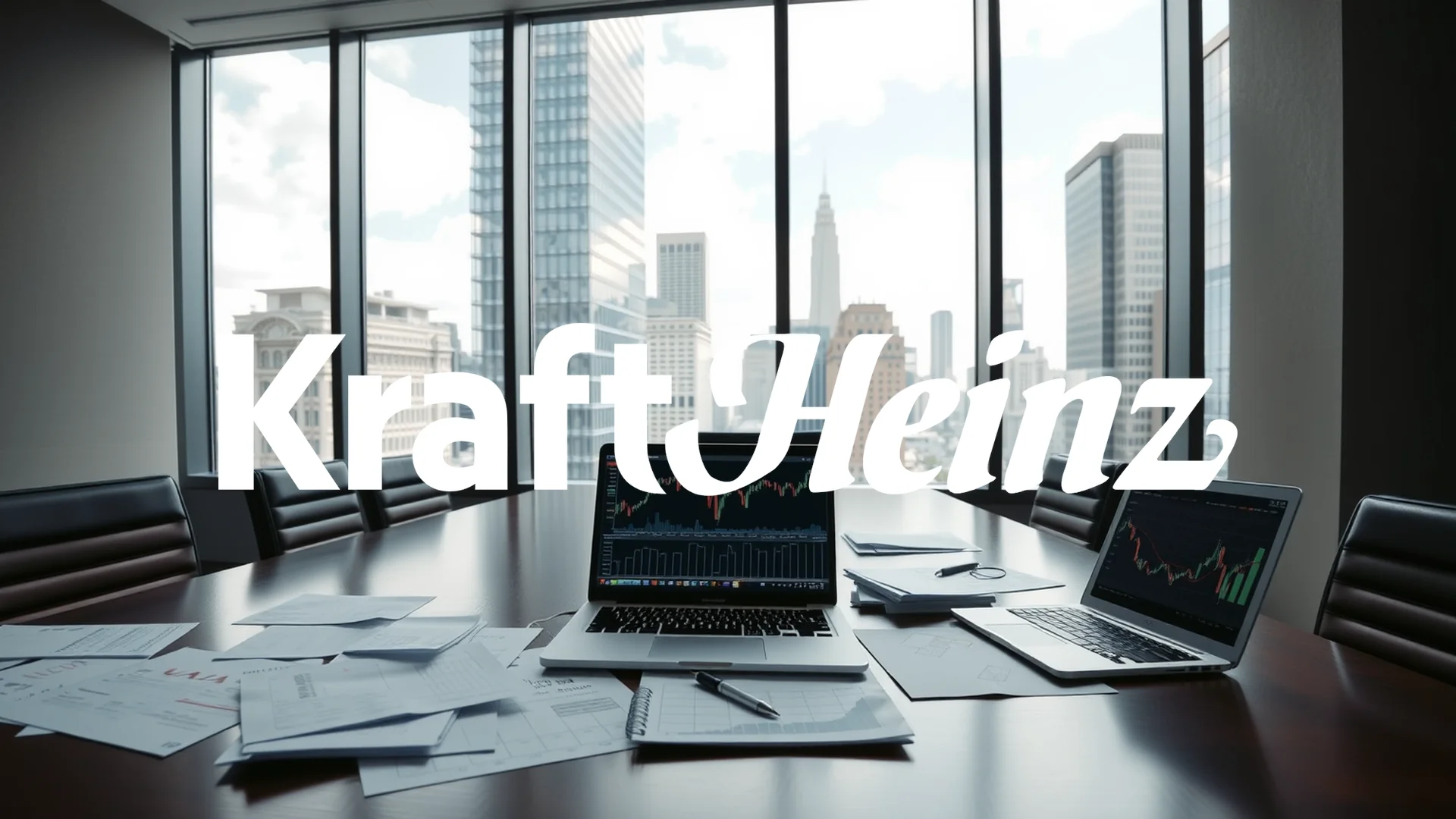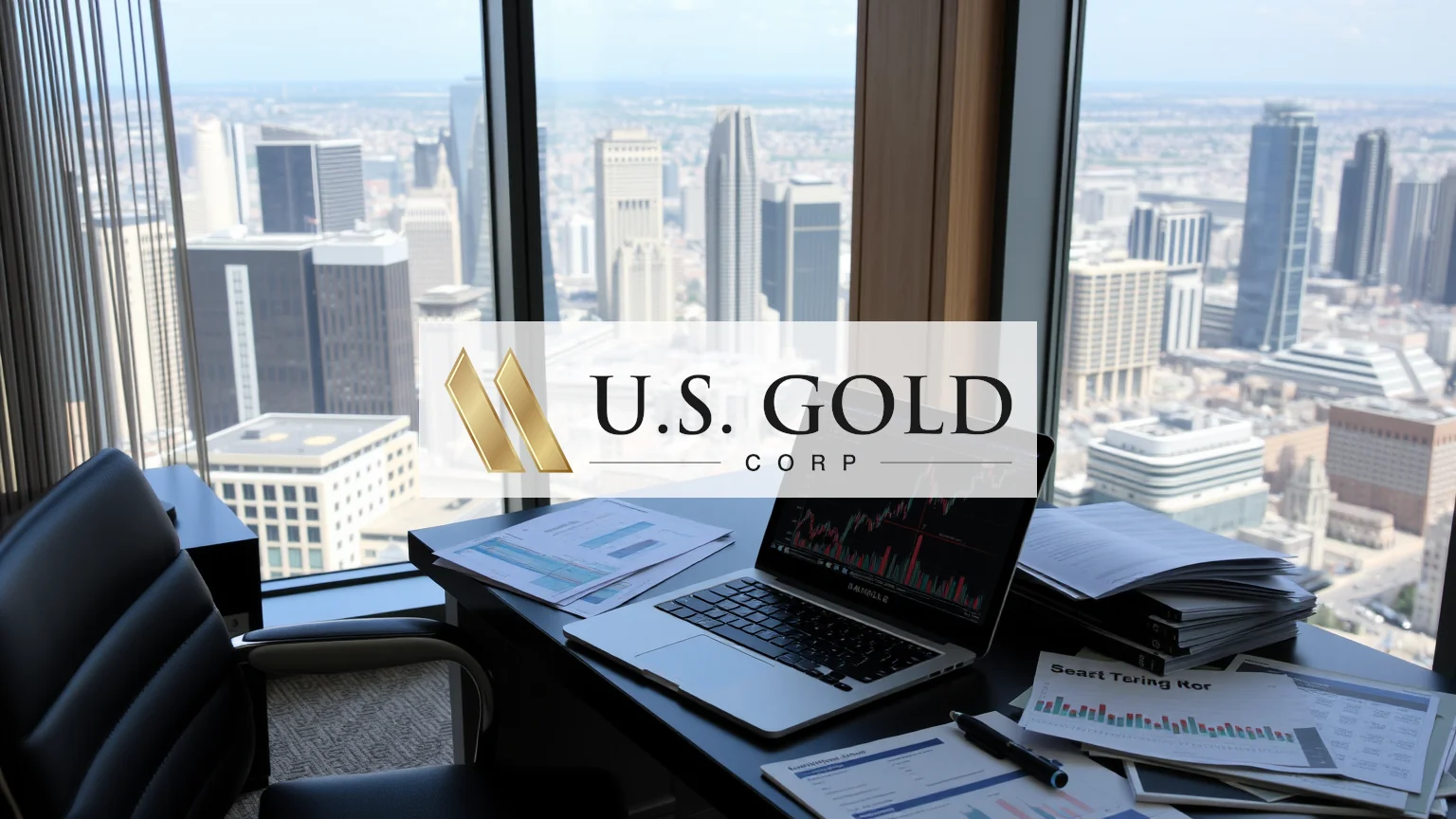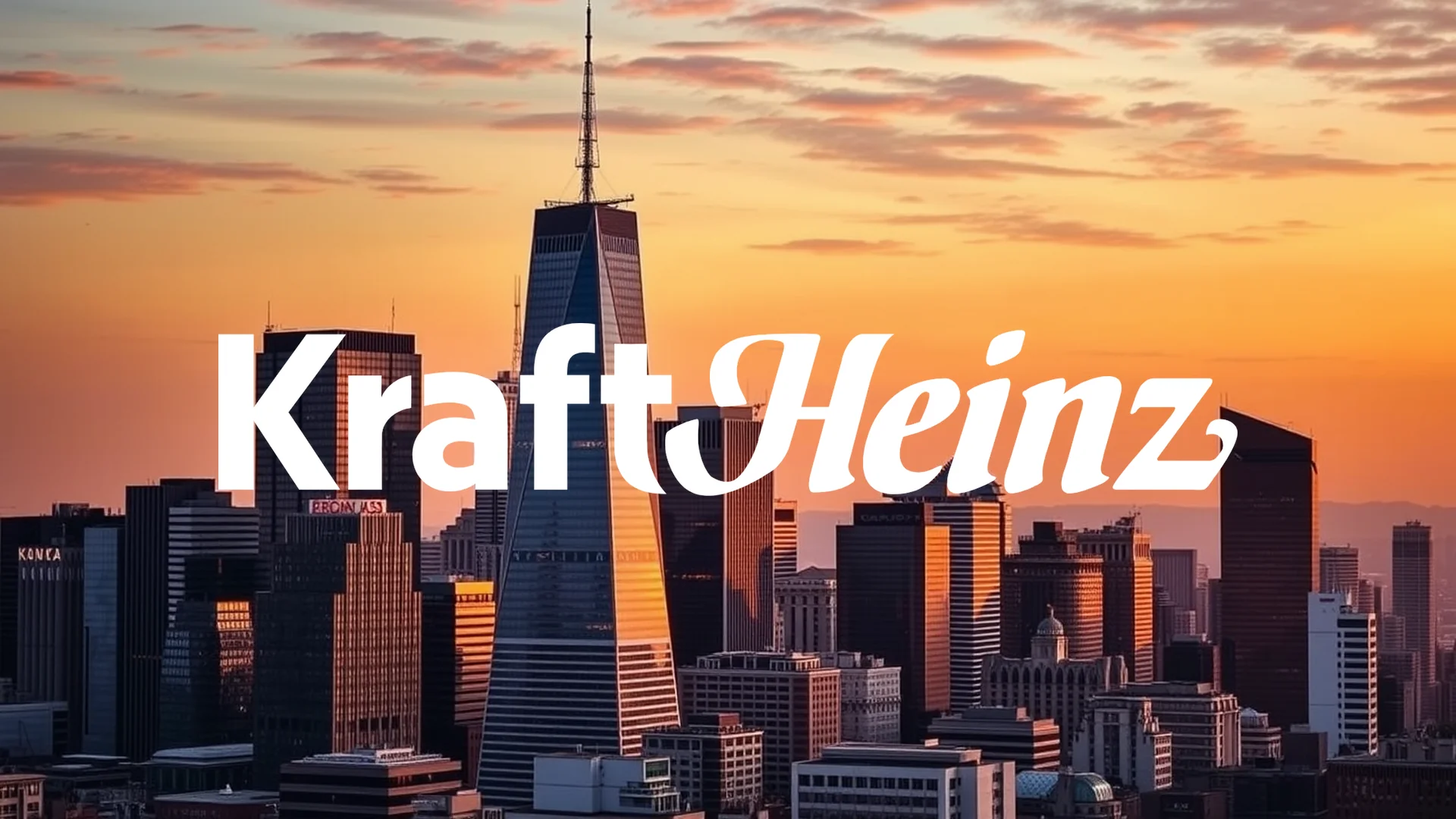The consumer goods giant Kraft Heinz is preparing to dismantle its corporate structure, reversing what was once celebrated as the food industry’s largest merger. This dramatic unwinding comes after a decade of disappointing performance that has driven shares to persistent lows and prompted public criticism from one of its most prominent investors.
Investor Discontent and Financial Pressures
Warren Buffett has broken his customary silence to express significant reservations about the planned separation. His investment vehicle, Berkshire Hathaway, which maintains a substantial 27.4% stake in Kraft Heinz, recorded a $3.76 billion impairment charge against its holding in August 2025. The legendary investor commented that while the original merger concept was flawed, he remains unconvinced that breaking the company apart will resolve its underlying challenges.
The financial metrics reveal the depth of the company’s struggles. Kraft Heinz shares have plummeted approximately 60% since the $46 billion merger was finalized in 2015, recently touching new 52-week lows. The company’s financial reports show seven consecutive quarters of declining revenue, compounded by a substantial $9.3 billion write-down recorded in the second quarter of 2025.
Strategic Separation Plan
Under the proposed restructuring, Kraft Heinz will divide into two independent publicly-traded entities by the conclusion of 2026. The first entity, designated “Global Taste Elevation,” will incorporate high-growth international brands including Heinz Ketchup and Philadelphia cream cheese. The separation will create a second company, “North American Grocery,” housing established but stagnating U.S. supermarket staples such as Oscar Mayer processed meats.
This corporate divorce signals an explicit acknowledgment that the much-touted 2015 merger, engineered by Buffett and private equity firm 3G Capital, failed to deliver anticipated synergies and strategic advantages. The separation process itself is projected to generate transaction expenses approaching $300 million, primarily attributed to operational disentanglement costs.
Should investors sell immediately? Or is it worth buying Kraft Heinz?
Market Reaction and Industry Challenges
Financial institutions have responded to the announcement with cautious assessment. While Morgan Stanley revised its rating upward to “Equal Weight,” UBS analysts reduced their price target to $28 per share. Market professionals generally question whether corporate restructuring alone can overcome fundamental business challenges.
The company’s difficulties are further complicated by evolving consumer preferences. The “Make America Healthy Again” initiative, championed by Health Secretary Robert F. Kennedy Jr., has intensified scrutiny of processed food manufacturers, creating additional headwinds for legacy brands.
Kraft Heinz equity currently trades just above its 52-week minimum, having declined more than 26% since the beginning of the year. Technical indicators continue to reflect weakness, while approximately 36,000 employees face extended uncertainty throughout the multi-year separation process.
The central question confronting investors remains whether this radical corporate dissolution represents a final desperate maneuver by a failing conglomerate or the genuine beginning of strategic renewal.
Ad
Kraft Heinz Stock: Buy or Sell?! New Kraft Heinz Analysis from February 7 delivers the answer:
The latest Kraft Heinz figures speak for themselves: Urgent action needed for Kraft Heinz investors. Is it worth buying or should you sell? Find out what to do now in the current free analysis from February 7.
Kraft Heinz: Buy or sell? Read more here...










